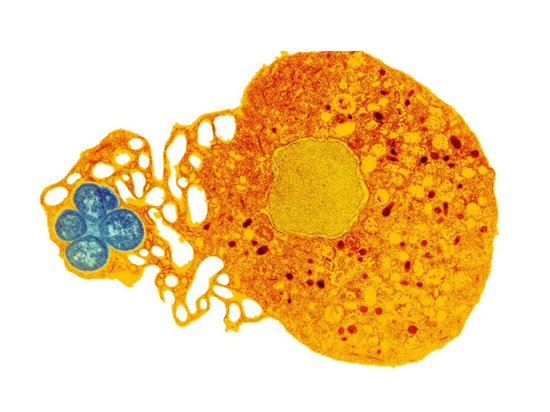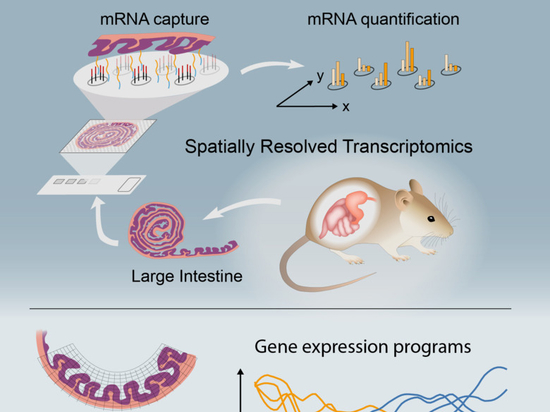
#Industry News
How do pancreatic cancer cells evade T cells?
How do pancreatic cancer cells evade T cells?
The body's immune system may find and destroy cancer cells. But cancer cells can be smart and develop skills to escape the immune system. Cold Spring Harbor Laboratory Professor Douglas Fearon and his postdoctoral Wang Zhikai discovered such a trick. Cancer cells weave inactivation signals into a protective armor that separates T cells that would otherwise kill them. This immune inactivation pathway provides a promising new treatment for pancreatic cancer, breast cancer and colorectal cancer.
T cells patrol the body looking for cancer and pathogens. If these immune systems find an intruder, T cells will mobilize to attack. Dr. Wang found that three proteins are intertwined in the protective coating around cancer cells. The combination of these three proteins invalidates this mobilization: a signal that usually attracts T cells, called CXCL12, a filament called krt19, and a protein that fuses the first two proteins, called TGM2.
Scientists used gene editing to turn off the production of krt19 or TGM2 in mouse pancreatic tumors. In the absence of krt19 or TGM2, cancer cells lose the protection of cxcl12-krt19, and T cells can infiltrate and attack. Pancreatic tumors shrink or disappear.
Why does this protein shell repel T cells in tumors? "It's a bit counterintuitive because CXCL12 is a chemokine (chemical attractant) that attracts immune cells. But we found that the concentration of CXCL12 on the surface of cancer cells is abnormally high, which plays the opposite role by making T cells immobile," Dr. Wang said CXCL12 usually functions as a single protein. However, when the surface concentration of cancer cells is high, the protein forms a complex with krt19 and forms a branched network of components. The network significantly reduced the movement of T cells.
The study was published in the proceedings of the National Academy of Sciences. In a small clinical study of pancreatic cancer patients, Fearon and collaborators showed that the drug, a CXCL12 receptor blocker, increased the infiltration of T cells into pancreatic tumor tissue. Current research now shows why this immunotherapeutic effect occurs. Dr. Fearon and Dr. Wang hope that CXCL12 and krt19 can provide new therapeutic targets and improve the chance of the immune system to kill cancer cells.





